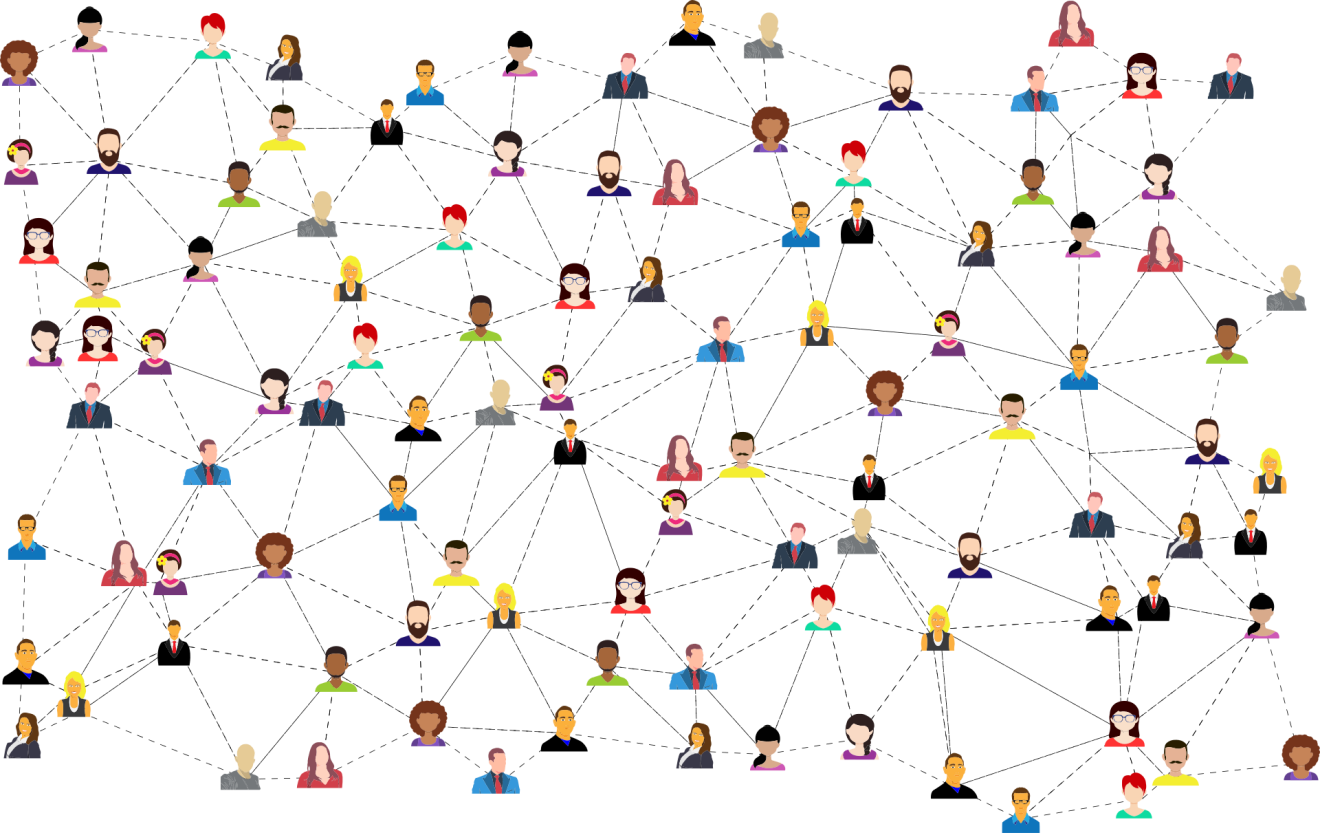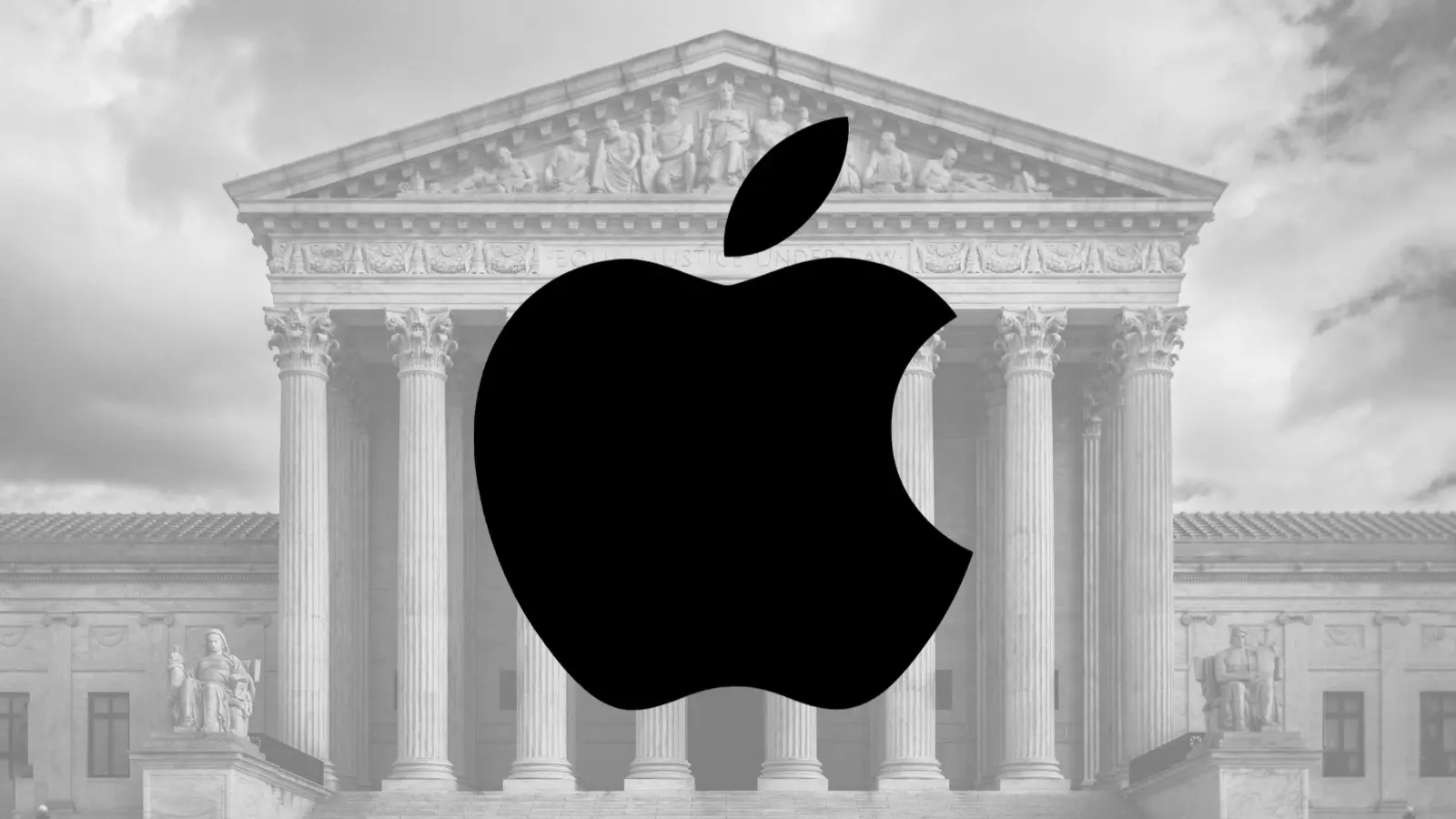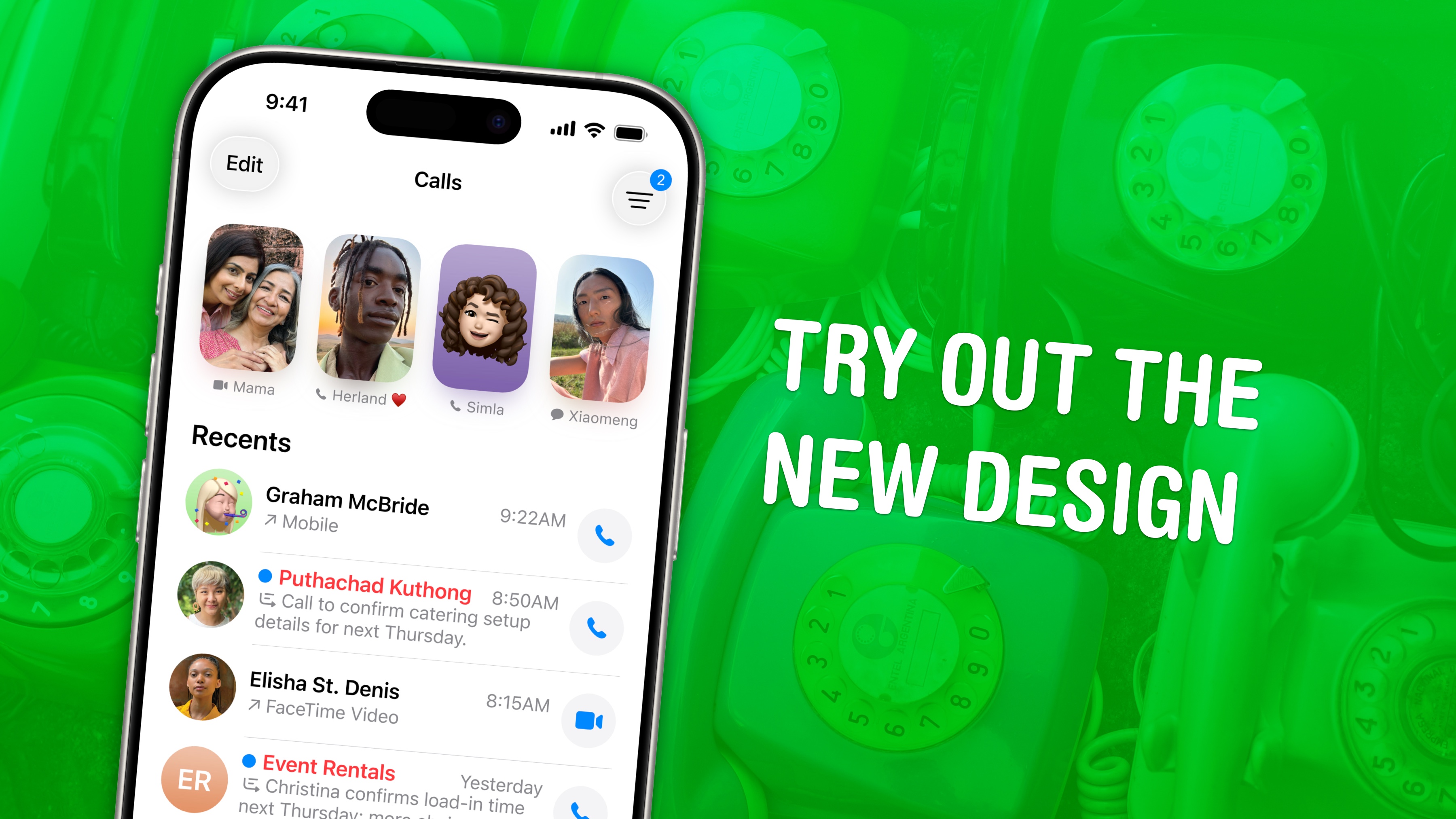
Users leave online marks every day, making data privacy crucial. However, utilising social media may expose your personal data to risk without your knowledge. As disasters and data exposures are in the news daily, privacy issues are at forefront of mind. U.S. state and federal governments began prohibiting staffers from using TikTok on government hands devices in late 2022 to address data privacy concerns. Some lawmakers believe that because TikTok is controlled by the Chinese corporation ByteDance, the Communist Party of China may utilise it to access sensitive information about the American government.
Twitter suffered a cyberattack in July 2022, and 200 million user electronic mail addresses were published on the dark web. These compromised email accounts may contain information that criminals need to launch malicious attacks.
With the increased use of social media platforms like Facebook, Instagram, LinkedIn, Snapchat, and TikTok, many people now incorporate social media into their daily lives. Even with privacy rules in place, sensitive user data may still be in danger.
Why is Social Media Privacy Important?
Social media privacy refers to the sensitive information that can be revealed through users' profiles. Some of this information is voluntarily disclosed through posts and profile data. However, tracking cookies that monitor a user's online activities, such as website views, social media sharing, and purchase history, can also unintentionally disclose information. This data is then collected, organized, and categorized by data brokers according to user demographics, such as parent, pet lover, or fitness enthusiast. Companies can use these categories to target social media users with tailored marketing campaigns.
How to Protect Your Privacy & Information
When creating a new Facebook or Twitter account, take caution because each site has a higher risk. Before using the platform, be sure it is secure and trustworthy. Delete your account before quitting a platform.
The following are some other strategies for protecting information:
- Create secure passwords. Never use the same password for many apps or websites. Use a password management program to securely store information to help you remember sign-on credentials.
- Don't use public devices. When completed utilizing a shared device, make sure you log out. Instead try to use tested VPN software when you're using public Wi-Fi. It will keep your device privacy secure from hackers and scammers.
- Use Antivirus Software: One of the most effective ways to protect your device and data from various cyber threats is by installing recommended antivirus software. These programs scan, detect, and remove malicious files and software from your device, providing a defense against viruses, malware, ransomware, and other cyber threats.
- Put two-factor authentication to use. The app's security is increased by implementing two-factor authentication, which uses a passcode and biometric identification.
Social Media Privacy Concerns
The world of social media is rife with privacy issues, where scammers exploit the wealth of user data to spy on individuals, pilfer their personal information, and perpetrate frauds. Data protection and privacy management are constant concerns when using social media.To address these growing worries, VPN for streaming has emerged as a popular and effective solution for bolstering privacy on these platforms, particularly when using Apple devices. By using a VPN for streaming into their online routine, individuals can fortify their digital presence with an extra layer of security, safeguarding their personal information and online activities from potential threats. Explore the following privacy considerations associated with social networking and discover how a VPN for streaming can help protect your Apple device's digital footprint.
Data Mining for Identity Theft
Identity theft doesn't require a lot of information. Scammers can start by using readily available information online to find victims. For instance, they can collect usernames, phone numbers, and email addresses, to target customers with phishing scams.
Leaked credentials, and credit card details can be obtained with just a phone number or email address by fraudsters.
Privacy Setting
People may assume that their social media accounts are confidential, but that's not always the case. For example, if someone shares a post or information with a friend who then reposts it, the information becomes visible to the friend's entire network. This means that the original user's intended audience has changed dramatically.
One should keep in mind that even though some areas on social media platforms may be restricted, the posts and comments made by users can still be searched and accessed. Thus, it is crucial to remember that any content posted online has the potential to be seen by a wider audience than initially intended.
Location Settings
It's important to be aware that even if you turn off your location settings, your location can still be tracked using alternative methods. Public Wi-Fi can all be used to track your location. To prevent tracking, always make sure to disable GPS navigation services and use a VPN when browsing. It's also important to note that combining location data with personal information can create a complete user profile that can be used to locate someone or learn more about their online behavior.
Harassment and Online Bullying
Cyberbullying and harassment often manifest on social media platforms. Malicious individuals can send menacing messages and cause emotional distress to their targets, even without gaining access to a person's account. For example, children using social media may encounter inappropriate comments from their peers.
Doxxing represents a specific form of cyberbullying in which wrongdoers disclose personal information, such as a victim's address or contact details, with the intention of causing harm. They may also encourage others to harass the targeted individual.
Malware and Viruses
Malware can be spread through social networking sites, causing computers to slow down, displaying multiple adverts, and stealing sensitive information. Cybercriminals take over the online presence of users and then distribute malware to all their connections, friends, and affected accounts.
Spread of False Information
Misinformation can spread rapidly on social media platforms. Trolls often attempt to provoke heated arguments among users by exploiting their emotions. Although most social media networks have content monitoring regulations, it may take a while for posts to be identified. It is advisable to verify the accuracy of any information on social media before posting or accepting it.






![This app makes switching apps on my Mac ridiculously fast [Awesome Apps]](https://www.cultofmac.com/wp-content/uploads/2026/02/rcmd-featured.jpeg.webp)









